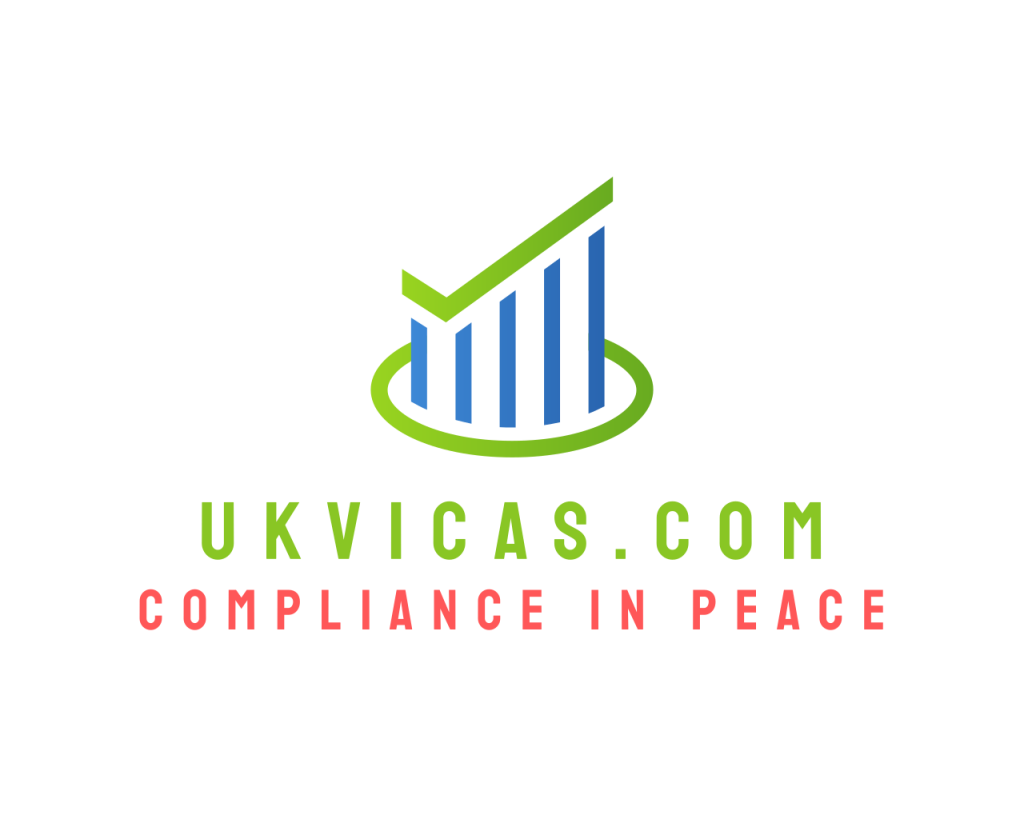
In 2025, Companies House introduced major changes to how UK companies and individuals handle identity verification and compliance. These reforms, based on the Economic Crime and Corporate Transparency Act, focus on stronger verification to stop fraud and improve transparency. If you are a director, a Person with Significant Control (PSC), or work on corporate compliance, you will need to meet these new requirements.
Why Did Companies House Change Verification Rules?
First of all, the need for better security is clear. Criminals were using UK companies for money laundering and hiding ownership. Now, with the new Act, everyone who holds a key role in a company will need to pass identity verification. This makes it harder for individuals to hide behind fake information, supporting overall compliance.
Who Must Complete Verification?
Now, every director, PSC, and all individuals responsible for company filings must verify their identity. Compliance teams also have a bigger role in making sure filings are correct. Additionally, if you are someone with significant control, Companies House will check your documents during a 12-month transition period.
Verification Process
Individuals will need to complete photo ID verification, which includes a facial recognition or liveness check. Accepted types of photo ID include:
- Passport
- Driving licence
- National ID card (where applicable)
Additionally, proof of address dated within the last three months must be provided. Commonly accepted documents include:
- Bank or building society statement
- Utility bills (gas, electricity, water, broadband, landline)
- Council tax bill (for the current year)
- HMRC or government-issued letter
- Mortgage statement
- Credit card statement
Key Tips for Directors and PSCs
- Stay organized to avoid delays during the transition period.
- Use valid, unexpired documents for ID verification.
- Follow the steps carefully; compliance matters under money laundering regulations.
Because these measures are new, directors, PSCs, and compliance teams must work together to verify identity as soon as possible. The sooner you adapt, the smoother the process will be.
How the 12-Month Transition Works
During the 12-month transition, companies need to review all records. If your company has people with significant control, update files early. It is not enough to wait for reminders; proactive compliance will help you avoid penalties under money laundering regulations.
Frequently Asked Questions
Do individuals such as new directors need to verify identity each year?
No, you only need to do it when you join or your company information changes.
Are all companies required to follow this?
Yes. These rules apply to all companies, not just those in certain industries.
Who should I contact for help?
Check the Companies House guidance for details.
Final Thoughts
In summary, the move to stricter verification is a big change for UK companies. However, with the right steps, every company can stay compliant and secure. Over time, these changes will help all individuals—directors, PSCs, and compliance teams—protect both the business and the wider community.
Relevant External Links
- Economic Crime and Corporate Transparency Act—Transition Plan (UK Government)
- Companies House: Identity Verification Rollout Announcement
- Official Guidance: Verifying Your Identity for Companies House
